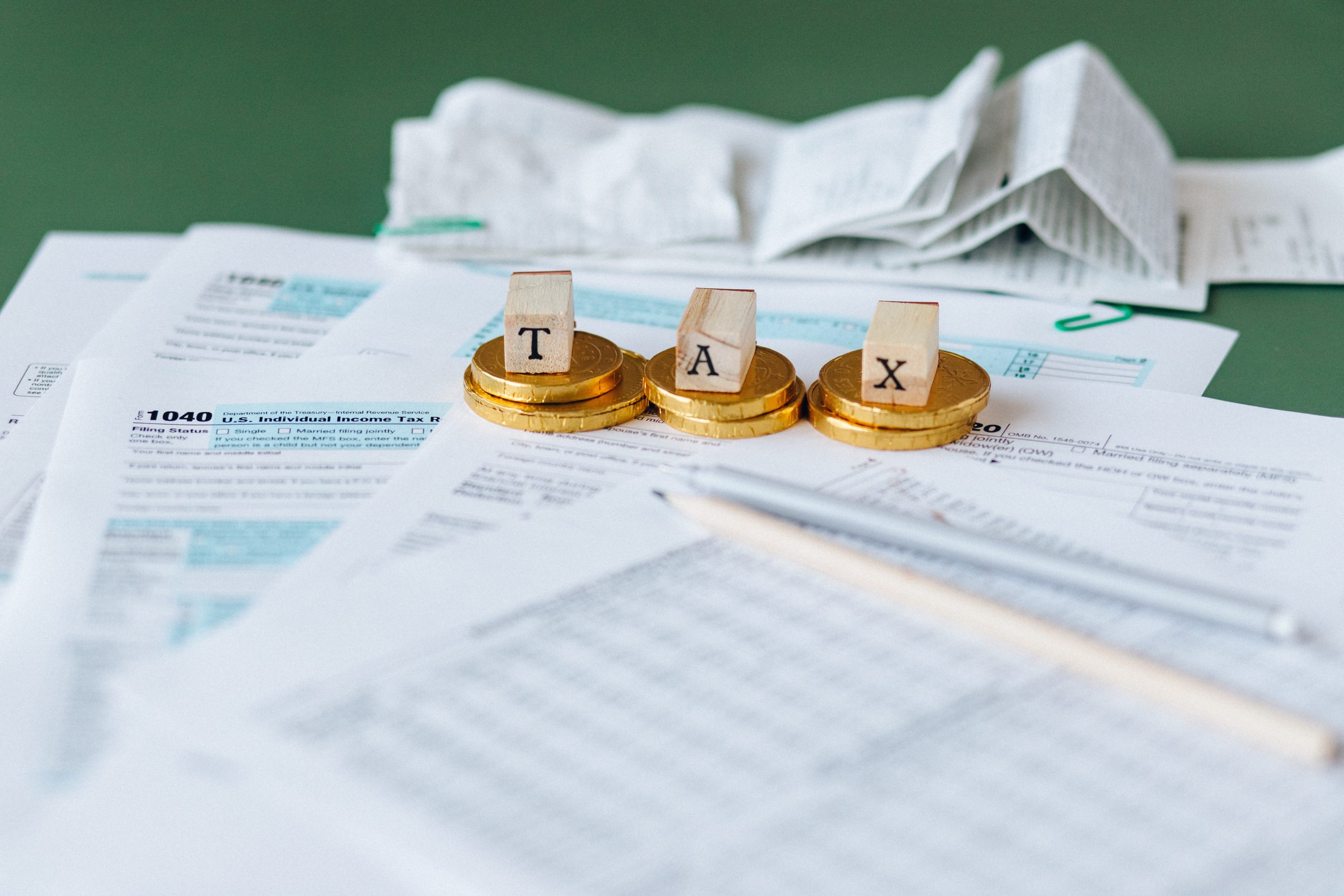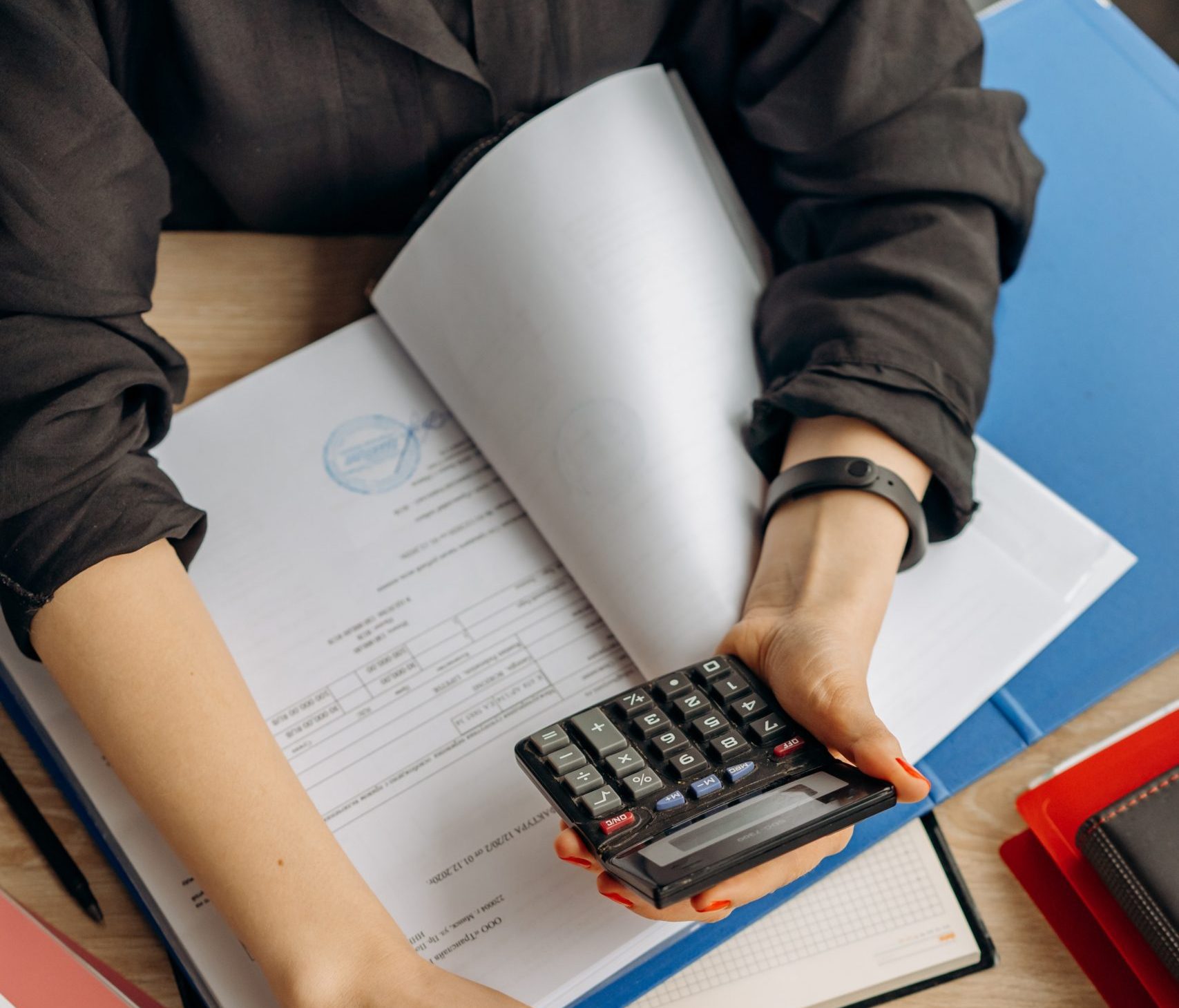The number of foreign visitors to China is still down significantly since pre-pandemic levels. That said, more than 700,000 residency permits were issued in 2023. New initiatives have begun to attract more foreign visitors and temporary residents. Pilots are underway to a) waive visa requirements for certain countries, b) reduce the complexity of visa applications, and c) make it easier for foreigners to link foreign methods of payment to Alipay and WeChat.
For foreign residents living in China, a major criterion for extending careers in China is tax. Tax deductions, double taxation agreements, and the simplicity of tax filing all remain as strong perks for foreign nationals in China. As both a foreign national and an investor, tax optimization is very important, and fortunately, usually quite simple in China.

Preferential Individual Income Tax Policies for Foreign Nationals
In August 2023, the PRC tax authorities release announcements extending certain tax deductions until 31 December 2027. For expats in China, the most important update is the extension of Benefits-in-kind for foreign nationals. This benefit includes tax deductions which reduce your taxable income by deducting housing, language training, and children’s tuition expenses. Some of these expense categories have fixed deduction maximums, but others are a percentage of your gross income, and will scale as your income grows.
These deductions can significantly decrease the amount of China income tax you pay and may even put you in a lower tax bracket. There are calculators you can find online which show the impact of these deductions on your income. If you do not have these benefits in your contract, talk to your HR officer, employer, lawyer, or other professional to help you get set up. It is hard to stress how important these deductions can be. If you take one thing from this article: make sure you’re maximizing your tax deductions!

Double Taxation Agreements
No one wants to pay taxes twice. Fortunately, China as signed many agreements
called Double Taxation Agreements (DTA) with more
than 100 other countries. This
allows you to claim the taxes you pay in China on your tax return in your home
country, reducing your tax obligations at home.
In some cases, this will also allow you to maintain residency in your
home country, allowing you continued access to healthcare coverage, driver’s
license privileges, and more.
Countries that have Double Taxation Agreements (DTA) with
China include:
Double Taxation Agreements differ by country, so searching
for the taxation agreement between your home country and China will give you
more accurate information. This
information is usually available in the language of your home country on a tax
or revenue website.

Filing Taxes as an Expat
Tax filing in China for most foreign employees in China is a relatively simple affair. Typically, the employer prepares and submits all required documentation, and your only obligation as a foreign employee is to confirm your tax payment record. We suggest that you download the 个人所得税 app (Android) (iOS) and ensure you can log in and view your tax record. This app provides a good overview of your taxes paid, your income, and your submitted documentation. While the app is entirely in Chinese, going through it with your Chinese teacher, partner, or friend is not too complicated. Having strong tax documentation will be important for filing taxes in your home (or next!) country of residence.
A tip: Having an official Chinese name allows you to use your Chinese name on documents, including fapiao, so creating, submitting, and reviewing documentation can be much easier than working with LASTNAME_MIDDLENAME_FIRSTNAME every time!

Getting prepared
- Talk to your employer about the tax deadlines in China and your home country.
- Ensure your contract is set up for benefits-in-kind deductions and that you’re collecting and submitting fapiao.
- Talk to an accountant or a tax professional about your specific situation. It’s worth the fee to have the confidence and peace of mind of your tax status and filings in both countries.
- Keep your profile up to date in both China and your home country.
Everyone wants to ensure that they’re getting the maximum return on your investments. Before you get to this stage, ensure that you’re minimizing your taxes! This investment of time will pay dividends throughout the entire time you are in China.







